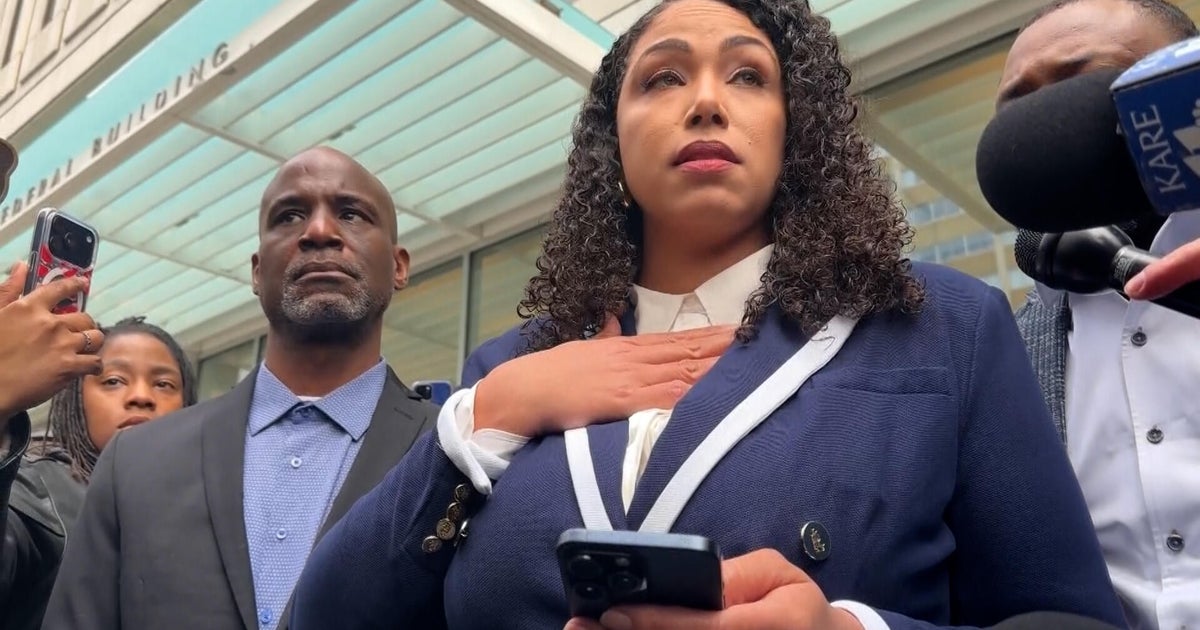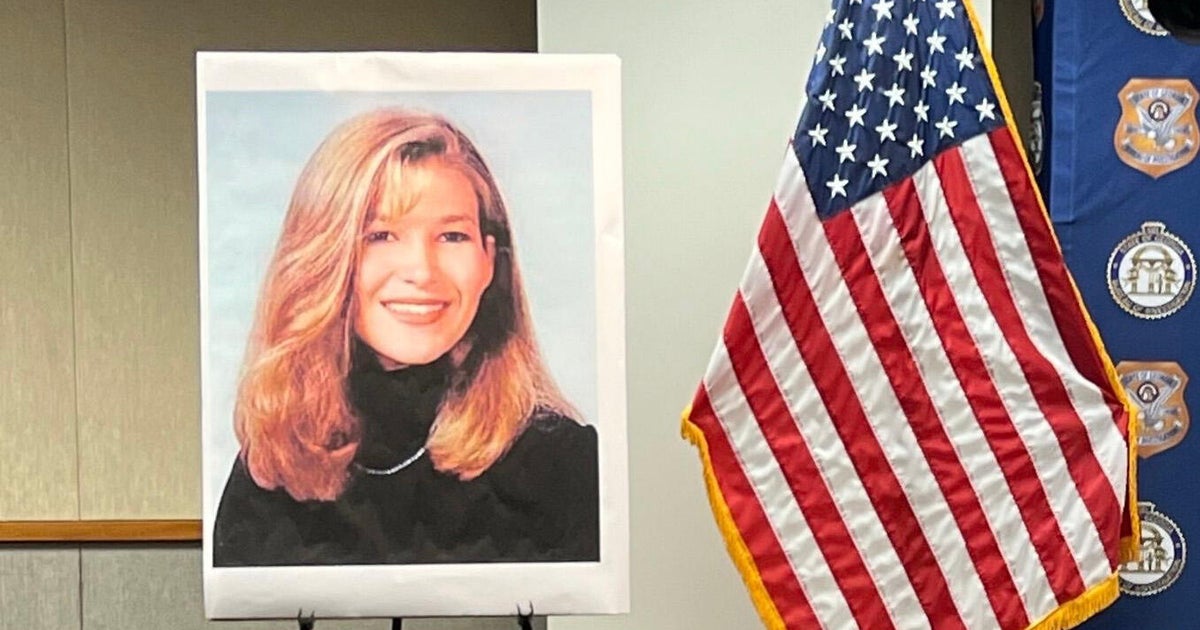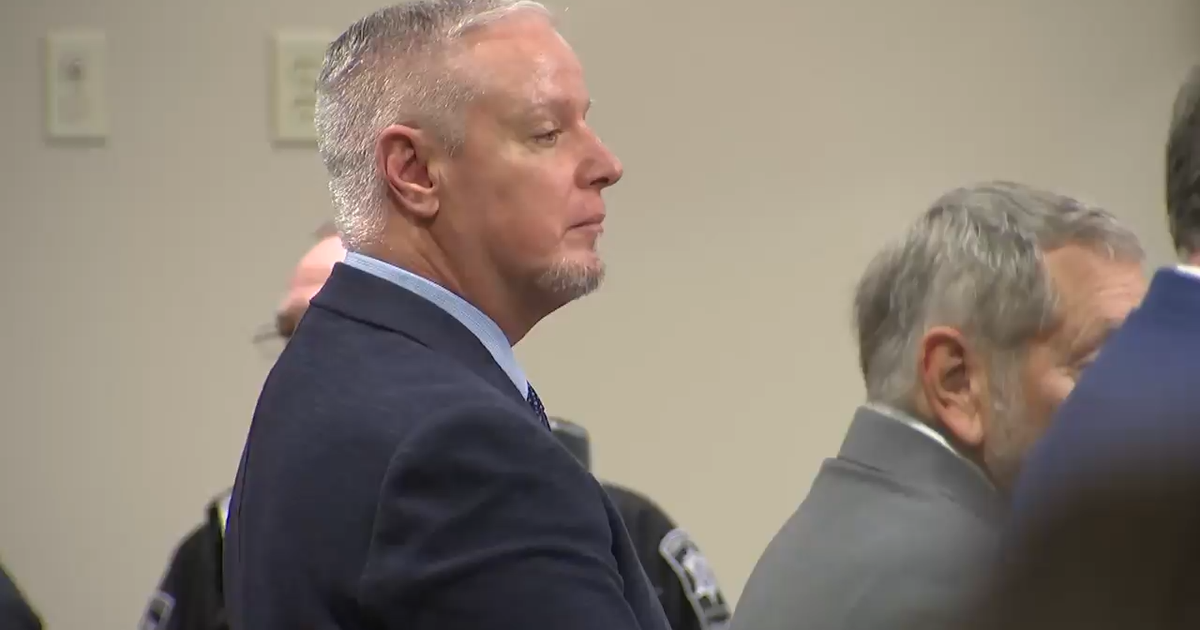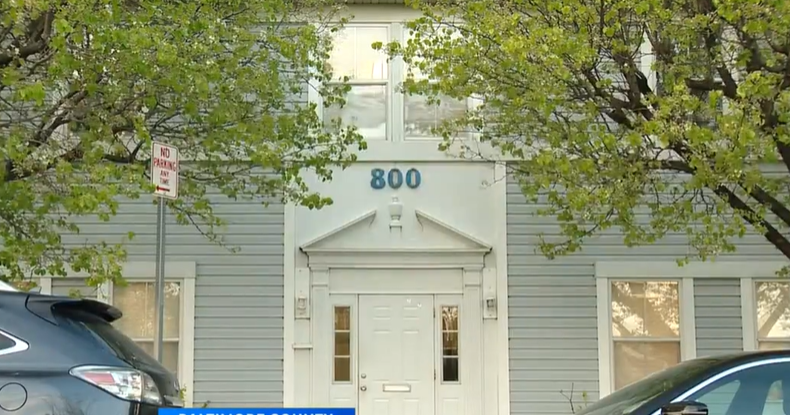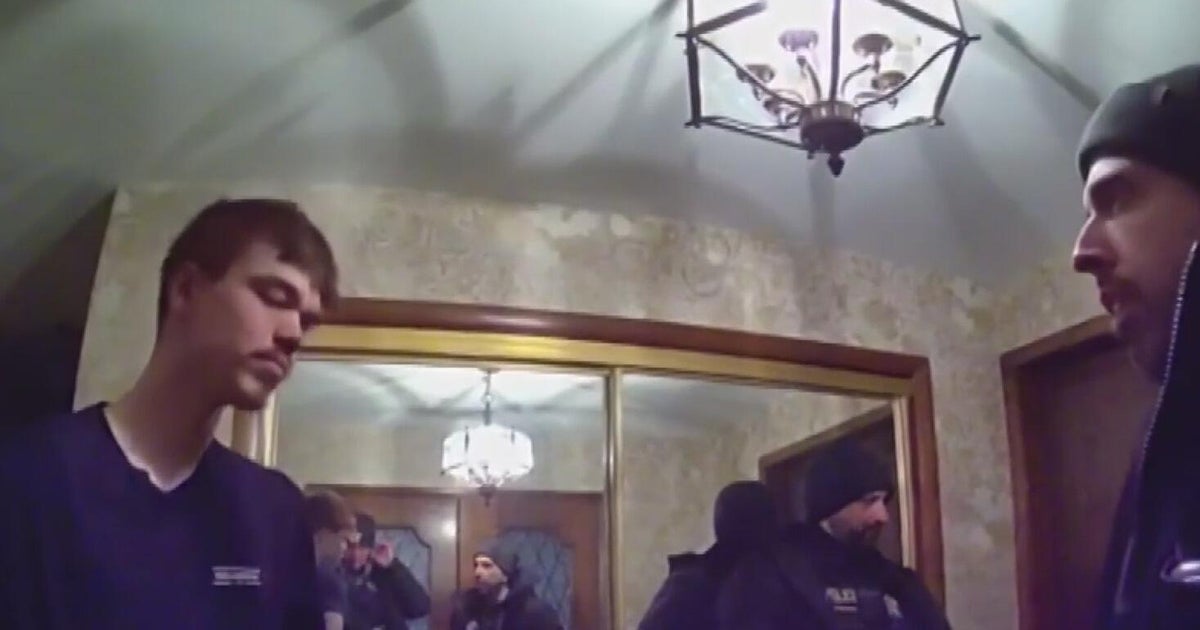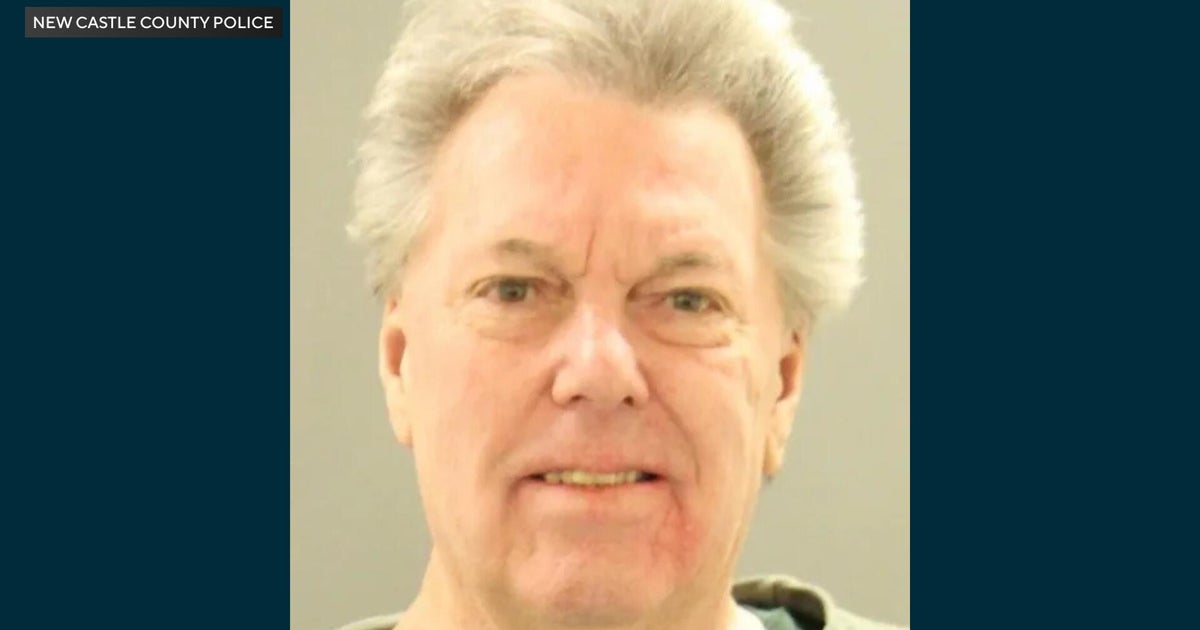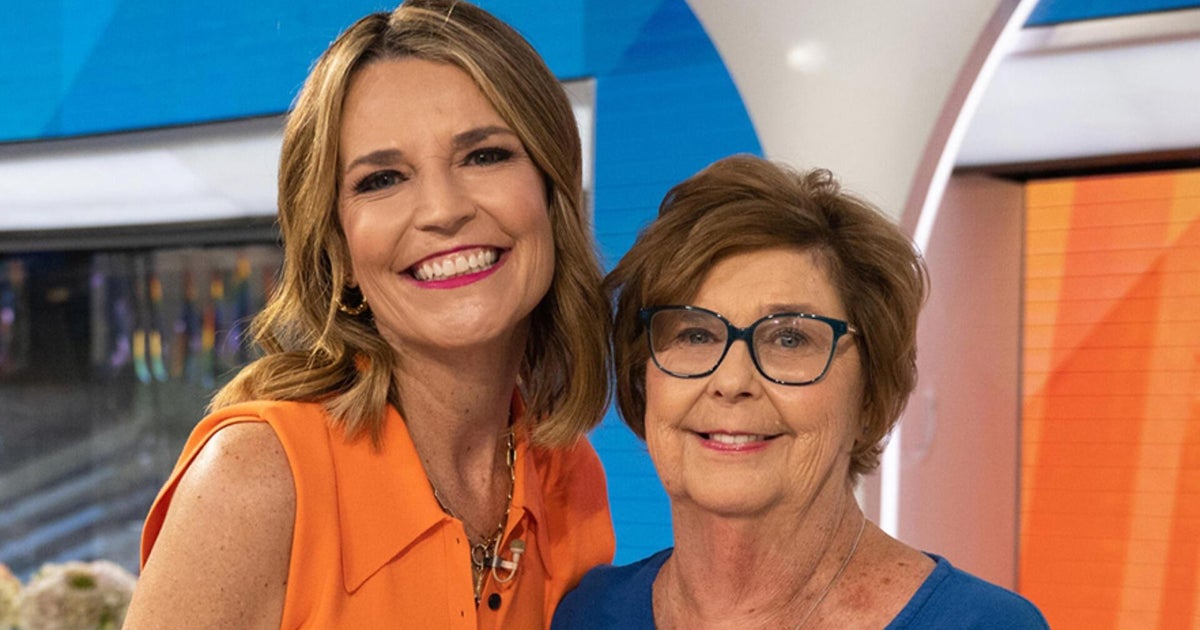Lawyer Removed From Terror Case Over Imam Scrutiny
MINNEAPOLIS (WCCO) -- A top Twin Cities imam who prosecutors accuse of preaching jihad is out as a legal advisor to one of five young Minnesota terror suspects.
Also out is the attorney for whom the imam was working.
The developments unfolded in federal court Friday at a hearing for the terror suspects accused of trying to join ISIS. They go to trial in just five weeks.
An affidavit says two of the five suspects set for trial wanted to change their pleas from not guilty to guilty.
The affidavit, filed by prominent Twin Cities Attorney Jon Hopeman, says Adnan Farah and Hamza Ahmed told Hopeman's client they were planning to change their pleas from not guilty to guilty.
The Hopeman affidavit says Shiekh Hassan Jami contacted the families of the young men to tell them not to change their pleas.
Farah and Ahmed never did plead guilty. Much is at stake, because a guilty plea would have meant a maximum of 15 years in prison. They now face a possible life sentence if convicted.
The sheikh is also known as Imam Hassan Mohamud, and he runs the Da'wah Center on University Avenue in St. Paul.
He declined to comment after the hearing. But prosecutors say the imam can be heard in a secret recording last April preaching jihad, and explaining how to pray on the battlefield.
Community leaders spoke to reporters after the hearing, voicing strong support for the imam and saying the allegations against him are not credible.
"He's a father, he's a good imam and the community stand with him today," said Sadik Warfa, of the Global Somali Diaspora.
But the imam and the attorney he works for are now out as part of the defense team for Mohamed Farah, just weeks before the case goes to trial -- something that worries Farah's mother.
"This situation is a very, very hard situation," Ayan Farah said.
Mohamed Farah's remaining attorney says if need be, he will ask for help.
"I'll make sure that we're ready, if I need more time I will ask for more time," Murad Mohammed said.
Judge Michael Davis made it clear to all the defendants that if they have any concerns about who is representing them, or if they are receiving any outside pressures, they can contact him directly and voice their concerns.
